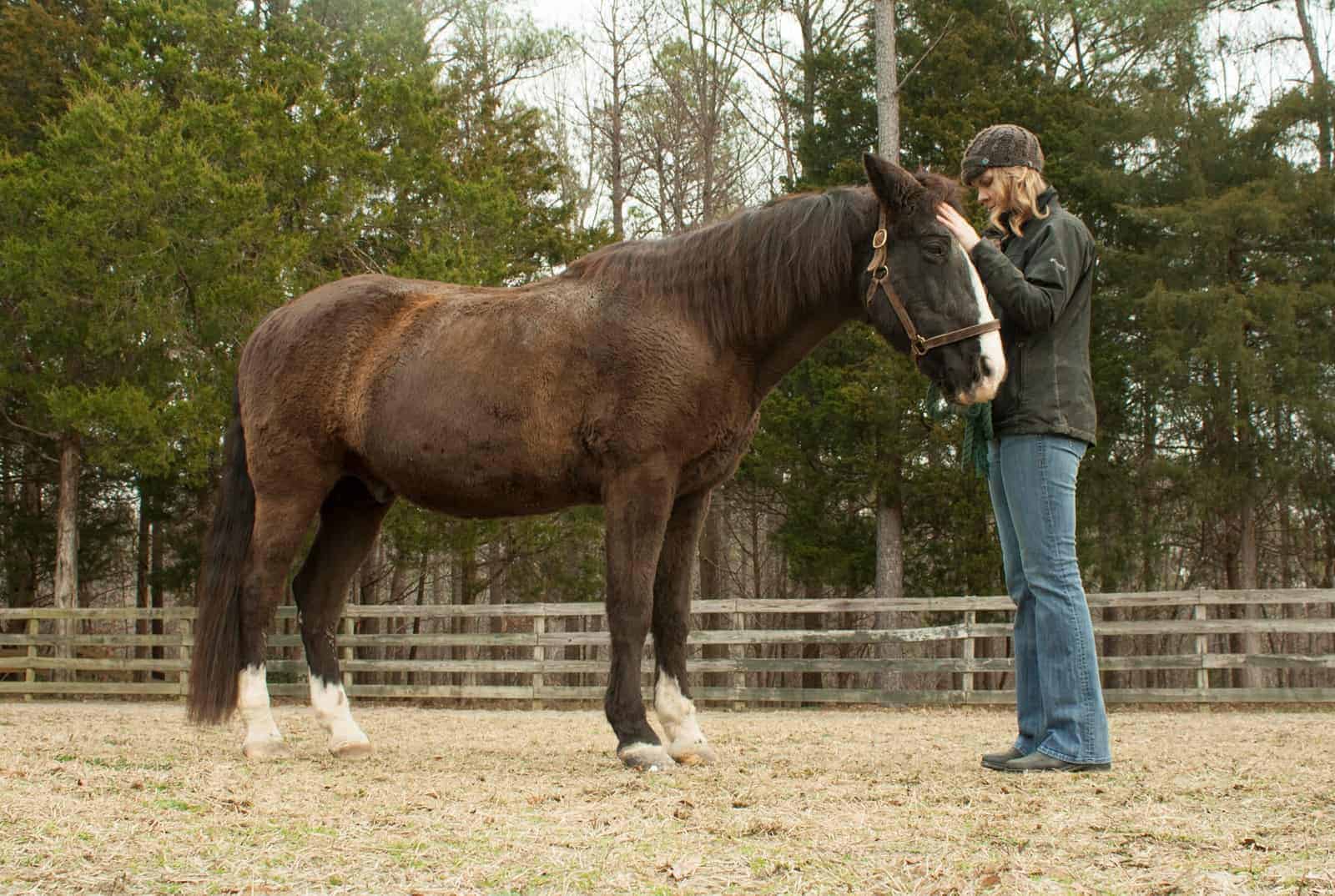How Real-World Conditions Affect PPID Diagnosis Reliability

New details about test hormone storage, whole blood storage, plasma storage, and the effects of season and stress on testing can help practitioners organize their PPID testing procedures without compromising results, said John Haffner, DVM, a professor at the Middle Tennessee State University (MTSU) Horse Science Center, in Murfreesboro.
Haffner and his fellow researchers performed five studies on horses they’d identified as having or not having PPID to answer questions they’d encountered themselves as practitioners in the field. He presented their results at the 2020 American Association of Equine Practitioners’ Convention, held virtually.
The questions they aimed to answer pertain to the practicalities of PPID testing in a real-world setting of equine veterinarians in the field, he said
Create a free account with TheHorse.com to view this content.
TheHorse.com is home to thousands of free articles about horse health care. In order to access some of our exclusive free content, you must be signed into TheHorse.com.
Start your free account today!
Already have an account?
and continue reading.

Written by:
Christa Lesté-Lasserre, MA
Related Articles
Stay on top of the most recent Horse Health news with















